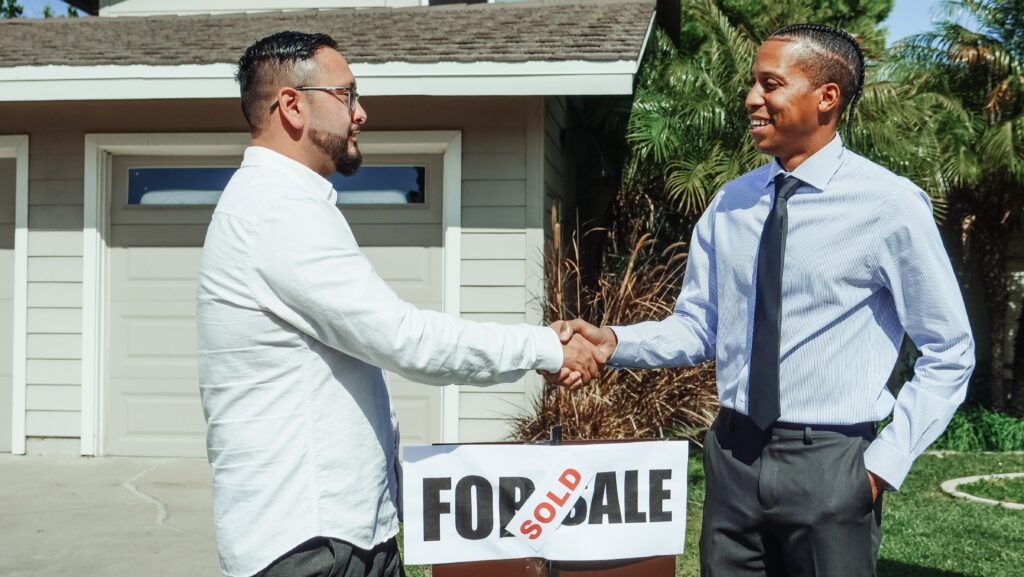- Find an experienced real estate agent.
Engage the services of a foreclosure specialist to advocate your interests and keep the deal going. First, visit websites that have a database of foreclosed properties in your target area to find the right agent. Then, look for Realtors who have completed specialist real estate training in this field, such as the Certified Distressed Property Expert (CDPE) or Short Sales and Foreclosure Resource (SFR) designations.
To save money on the commission split, a buyer can work directly with the bank’s real estate agent rather than a buyer’s agent. This can be a risk, though, because “buyers feel more secure when they are (directly) represented,” Soffee says.
If you locate an agent with whom you wish to work to purchase a foreclosed house, ask them to keep an eye out for foreclosure properties that suit your criteria. These listings can sell quickly, so be prepared to act swiftly. These include:
- Preforeclosures occur when a buyer bails out a seller before the bank takes possession of the property.
- Short sales are transactions in which the borrower owes more than the home is worth, and the bank agrees to forgive a portion of the loan.
- Public auctions, in which bidders have the opportunity to make offers on repossessed properties at the local courthouse.
- Bank-owned dwellings, which the lender owns.
Some lenders, such as Bank of America, Citibank, and Wells Fargo, list their bank-owned properties on the internet. The United States Department of Housing and Urban Development also publishes a list of its foreclosure inventory.
- Get a letter of preapproval.
If you can’t afford to pay cash, you’ll need a mortgage preapproval letter when making an offer on a foreclosure. “It separates the lookers from the buyers,” Soffee says.
Preapproval letters specify the amount of money you can borrow based on the lender’s careful examination of your credit score and income. Find a mortgage provider who understands your objectives and collects the appropriate papers to acquire a preapproval letter.
“It’s always good to be prepared,” Sklar says. “Having your proof of funds will make it an easier transaction.”
You should also think about what type of loan you want to get preapproved for. Foreclosed properties, for example, frequently require repairs or upgrades, and an FHA 203(k) loan can assist. Buyers can finance up to $35,000 in renovations with these loans.

